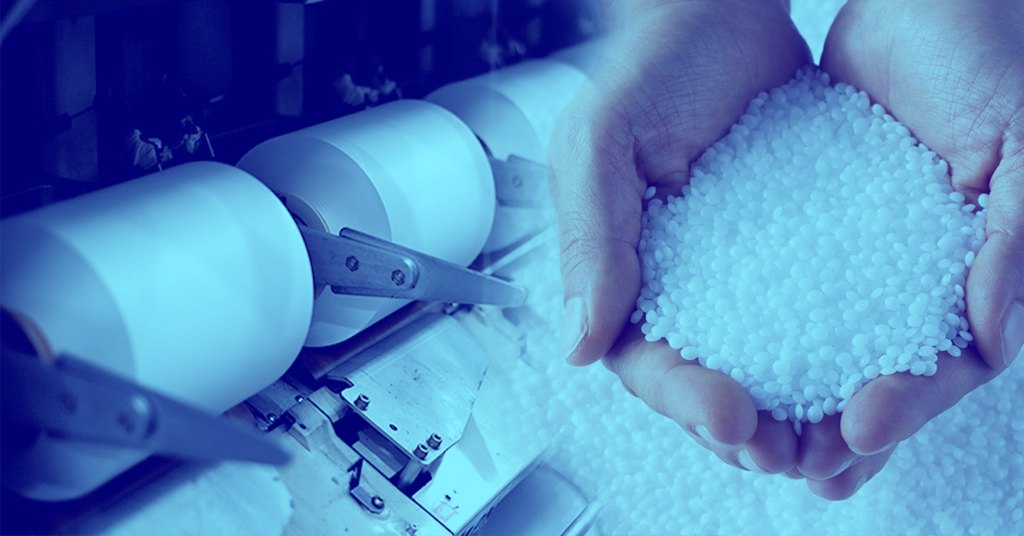Welcome To ChemAnalyst

In the week that ended on Friday, there was a minor decrease in the prices of Polybutylene Adipate Terephthalate (PBAT) in the Eurozone. The commodity (PBAT) has been trading at a value of USD 2018 per metric tonne as of Sep. 1. FOB, Genoa (Italy). This has been due to poor cost support from upstream industries and weak demand from downstream sectors such as biodegradable polyester and Sustainable food packaging industries.
The upstream raw materials 1,4-Butane diol (BDO) and adipic acid markets have remained muted in the week ending Friday, which basically has given no cost support to PBAT prices. Another important RM needed for PBAT manufacturing, Propylene, has witnessed a slight hike of about 3 percent in Italian markets. Moreover, Natural gas prices have gained globally. Hence, the slight price increase in Butane, one of the most common RM used to produce 1,4-BDO, has counterbalanced the weakening factors affecting PBAT prices.
New data released from Eurozone manufacturing PMI surveys have revealed the ongoing struggle in the manufacturing sectors. The PMI data released have remained below 50 with a no-change level for the 14th successive month, indicating a deteriorating condition. Plummeting numbers of new orders and backlogs of work have been pressuring the production lines throughout the European zone. Performance-wise, Germany, France, and Italy- three of the zone's largest economies- have shown continuous contractions, while for the rest, the declination rates have been slightly eased.
The European naphtha market fundamentals have been in limbo with lots of factors at play. The demand for naphtha- products has also been losing ground after Hurricane Idalia made its landfall. The upstream crude oil markets have been deemed to be more volatile. The soaring freight rates in overseas countries have dented the export operations. According to economists, the macroeconomic outlook has become increasingly ambiguous. All those factors have affected the upstream productions of PBAT and, hence, a declining market of PBAT.
In terms of demand, the downstream polyester markets have dropped by around 1.7 percent in one of the major overseas markets, China. This has been linked to China's slow economic growth and a slowdown in global exports. Prices for recycled polyester filaments have demonstrated a fall of about 1.7%. Other recycled product prices, such as PET bottle flakes and re-PET chips, remained relatively stable, signifying a slowdown in the polyester PBAT market.
Europe has its focus now on sustainable packaging innovations and the forthcoming adoption of the Packaging and Packaging Waste Regulation (PPWR). It is expected that this will help the biodegradable PBAT market to see a boom in the future.
We use cookies to deliver the best possible experience on our website. To learn more, visit our Privacy Policy. By continuing to use this site or by closing this box, you consent to our use of cookies. More info.
